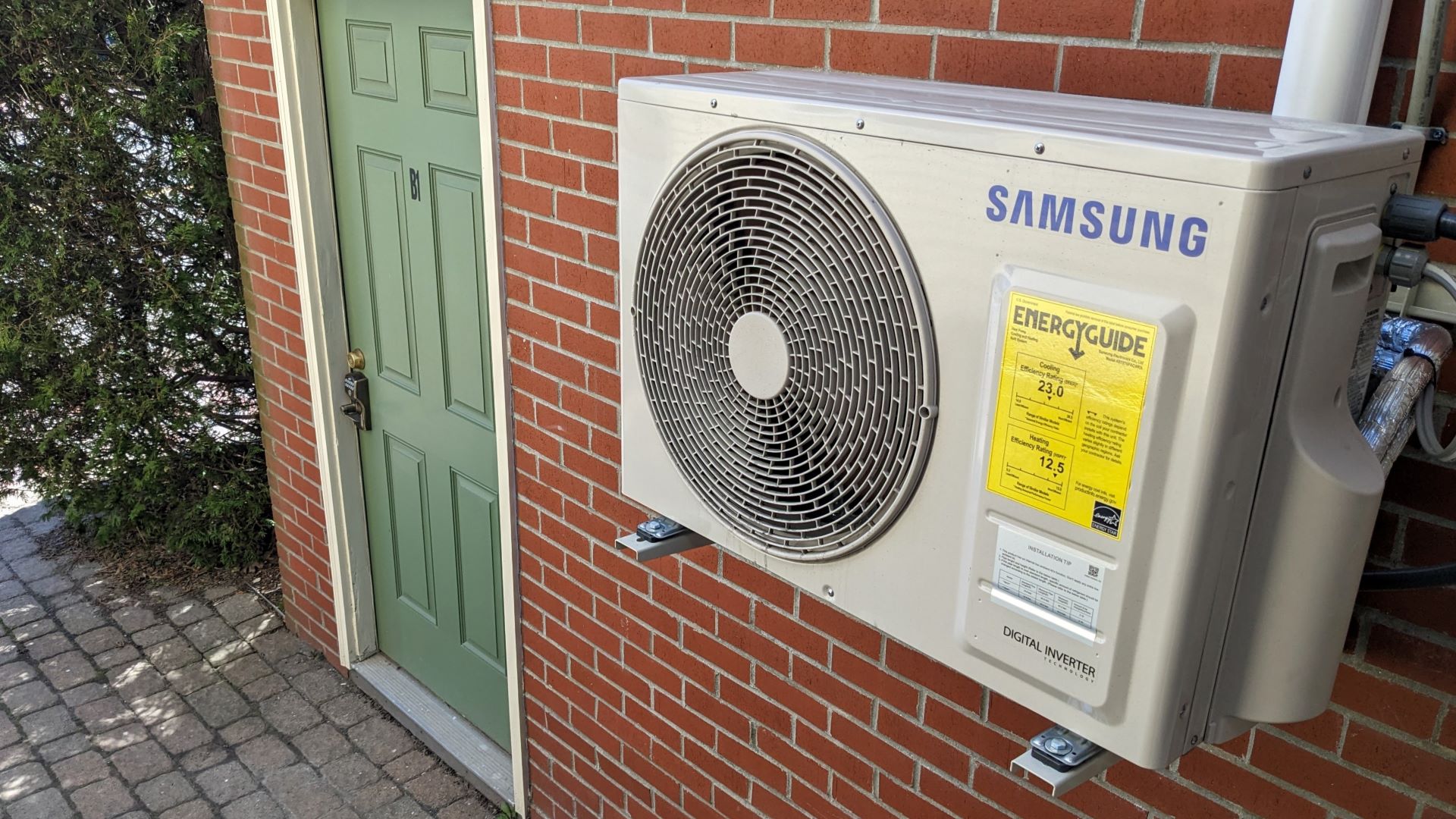A coalition of state leaders across the country, including Maine Gov. Janet Mills, announced plans on Thursday to facilitate the installation of 20 million heat pumps by 2030 in an effort to combat climate change by moving toward the decarbonization of buildings.
The announcement was made in New York City by members of the U.S. Climate Alliance, a bipartisan group of 25 governors, primarily Democrats, who collectively represent about 60% of the U.S. economy and 55% of its population.
Mills, a co-chair of the committee, joined New York Gov. Kathy Hochul, Washington Gov. Jay Inslee and White House National Climate Advisor Ali Zaidi to introduce the initiative, which represents a quadrupling of the planned heat pump installations by coalition members by the end of the decade.
The Alliance also pledged that at least 40% of the benefits from decarbonizing buildings — which amount to more than 30% of U.S. greenhouse gas emissions — will go to disadvantaged communities, such as those suffering from environmental racism.
In order to install heat pumps, coalition members plan to use funds from the Inflation Reduction Act, legislation signed by President Joe Biden last year. That measure represents the biggest environmental investment in U.S. history.
At Thursday’s event, Mills cited Maine as a leader in the transition to heat pumps, noting that the state announced plans to install 100,000 such devices by 2025 and ended up reaching that goal two years early.
As a result, Mills announced a new target of installing an additional 175,000 heat pumps in the state by 2027.
“Transitioning to heat pumps in Maine is creating good-paying jobs, curbing our carbon emissions, cutting costs for families, and making people more comfortable in their homes,” said Mills, who has also pledged to accelerate Maine’s goal of transitioning to 100% renewable energy by 2040.
Given that Maine relies more heavily on home heating oil than any other state, Mills argued that heat pumps are essential to weaning the state off its dependence on dirty energy sources and keeping money here rather than sending it to large fossil fuel companies.
Such devices have proven themselves to be effective, even in Maine’s cold climate, and have been found to have significant environmental benefits.
Thursday’s announcement comes as the worldwide environmental situation continues to worsen, with catastrophic flooding events, wildfires, and powerful hurricanes becoming ever more frequent.
This week, countries met at the United Nations General Assembly to discuss the urgent need for the world’s biggest polluters, including the U.S., to do more to tackle global warming. U.N. Secretary-General António Guterres said time was running short thanks to the “naked greed” of fossil fuel interests.
“We must make up time lost to foot-dragging, arm-twisting and the naked greed of entrenched interests raking in billions from fossil fuels,” he said.







